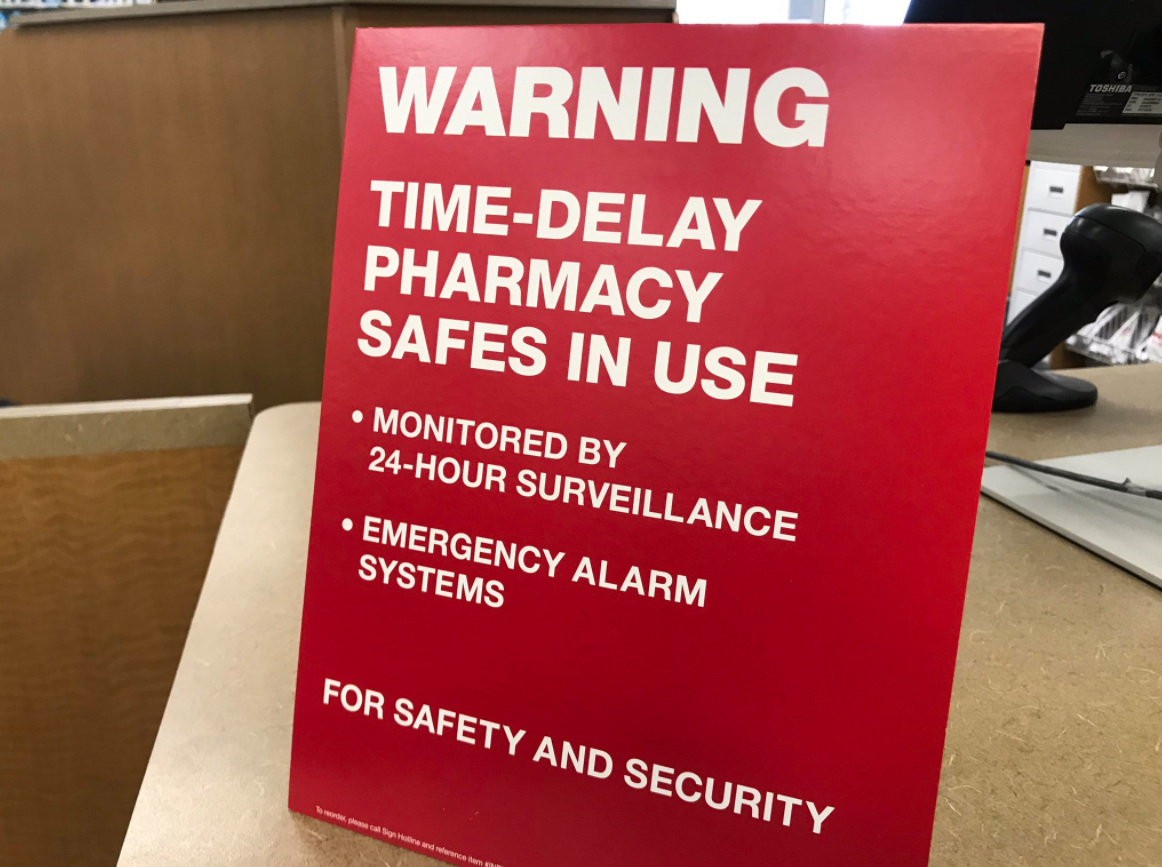
You've previously been pregnant with a child with a genetic abnormality and may be at a higher risk of this happening again. You and your spouse are both carriers of a recessive genetic disorder such as cystic fibrosis or sickle cell disease. You had a first trimester screening that indicated your baby is at a higher risk for Down syndrome or another chromosomal problem. First-trimester screenings include the nuchal translucency scan (NT scan) and cell-free fetal DNA testing (noninvasive prenatal testing, or NIPT).Īn early ultrasound showed that your baby may have structural defects associated with a chromosomal problem. What factors would put me at higher risk of having a baby with a genetic abnormality or disorder?

If your CVS detects a mosaicism, you'll have to have amniocentesis and possibly other testing to determine whether your baby is affected. This is called a confined placental mosaicism, in which some of the cell lines cultured from the placenta contain abnormal chromosomes and some are normal.

With CVS you have a 98 to 99 percent chance of getting accurate results and a 1 to 2 percent chance of unclear results. The test does not automatically look for all of them, but if your baby is at increased risk for one or more of these disorders, your doctor can request that the test results show whether he has the disease.ĬVS does not detect neural tube defects, such as spina bifida. The most accurate way to diagnose neural tube defects is during a second-trimester ultrasound. Several hundred genetic disorders, such as cystic fibrosis, sickle cell disease, and Tay-Sachs disease.

The test can diagnose these conditions, but it can't measure their severity.


 0 kommentar(er)
0 kommentar(er)
